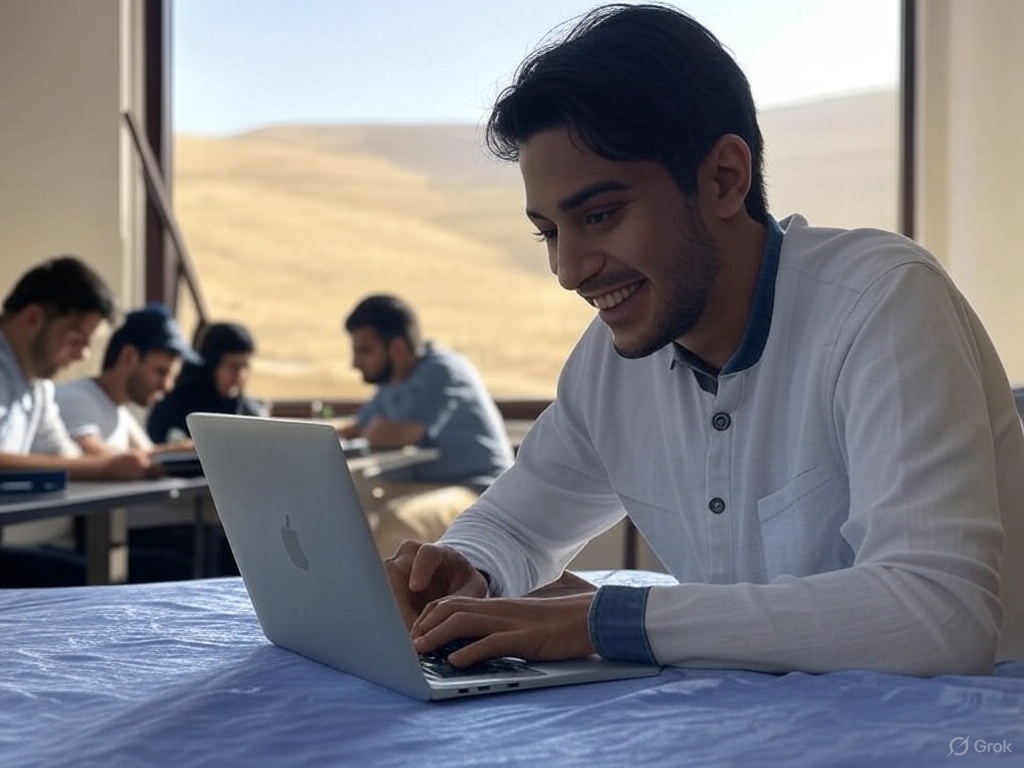Hello!
In a country marked by years of political instability, economic challenges, and infrastructural struggles, the people of Libya are finding innovative ways to adapt and thrive.
 Amid the chaos that has defined much of Libya’s recent history—following the fall of Muammar Gaddafi in 2011 and the subsequent civil conflict—ordinary citizens are turning to cryptocurrency as a means of financial empowerment.
Amid the chaos that has defined much of Libya’s recent history—following the fall of Muammar Gaddafi in 2011 and the subsequent civil conflict—ordinary citizens are turning to cryptocurrency as a means of financial empowerment.
One platform, in particular, is gaining traction: Quasa Connect, a decentralized service that allows Libyans to earn crypto by leveraging their skills and resources in a global digital economy.
Libya’s Challenging Landscape
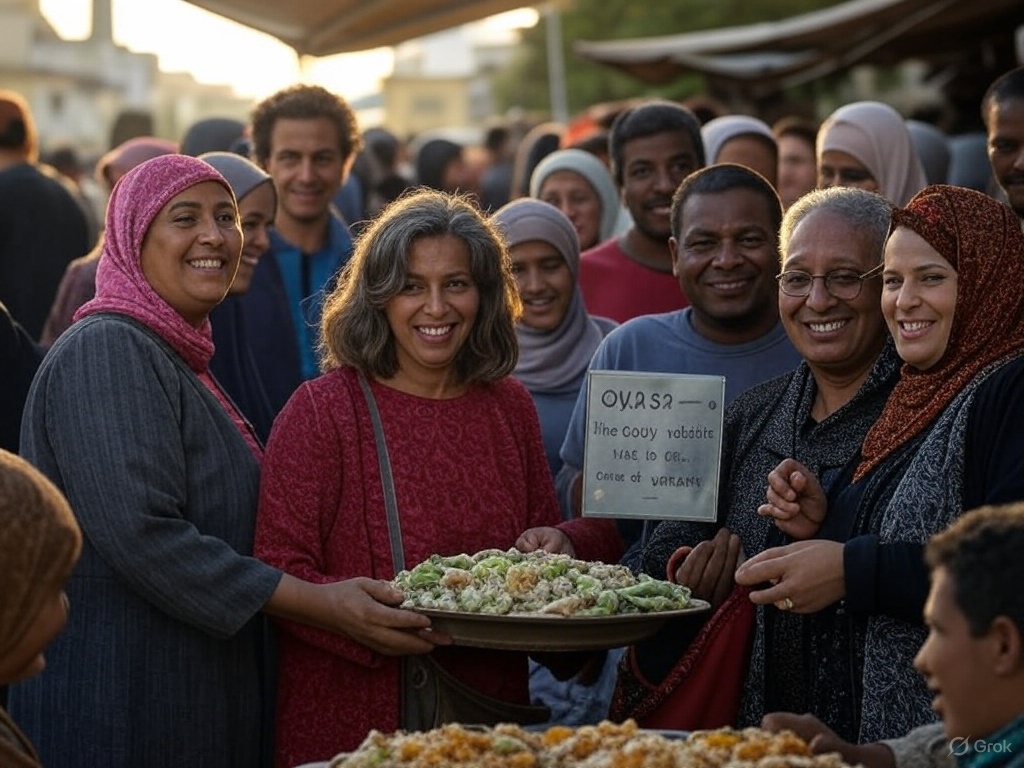 Libya’s economy has been battered by years of war, division between rival governments, and a reliance on oil exports that have been disrupted by conflict and sanctions.
Libya’s economy has been battered by years of war, division between rival governments, and a reliance on oil exports that have been disrupted by conflict and sanctions.
With traditional financial systems weakened, access to banking services limited, and high unemployment rates plaguing the population, many Libyans are searching for alternative ways to generate income. Inflation, currency shortages, and a lack of reliable infrastructure have only deepened the economic hardship faced by ordinary people.
Yet, despite these adversities, the rise of the internet and mobile technology has opened new doors. Even in a country where electricity outages and poor connectivity are common, the resilience of Libyans shines through. Cryptocurrency, with its decentralized nature and borderless appeal, has emerged as a lifeline for those willing to embrace it.
Enter Quasa Connect
 Quasa Connect is a platform that exemplifies the potential of decentralized technology to transform lives, even in the most challenging environments.
Quasa Connect is a platform that exemplifies the potential of decentralized technology to transform lives, even in the most challenging environments.
Built on blockchain principles, Quasa Connect connects freelancers, service providers, and clients worldwide, allowing users to offer services—ranging from digital tasks like graphic design and translation to physical services like delivery or repair—in exchange for cryptocurrency payments.
For Libyans, this platform offers a way to bypass traditional financial barriers and tap into a global marketplace.
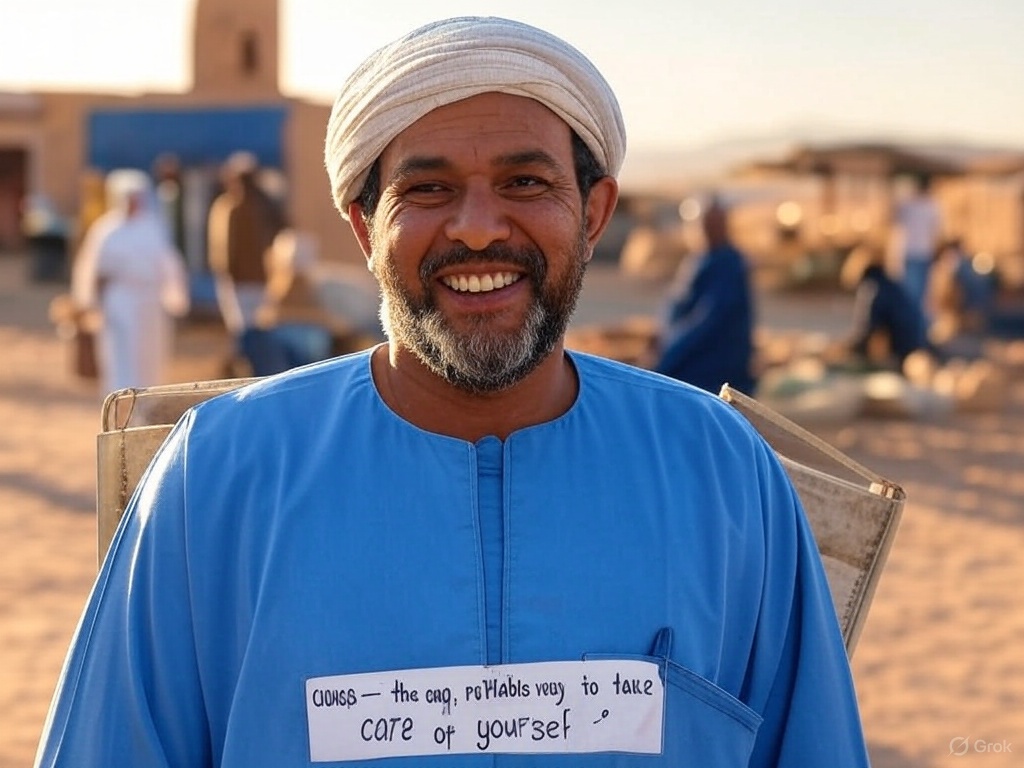 Unlike conventional freelancing platforms that rely on centralized payment systems (often inaccessible to people in conflict zones due to banking restrictions), Quasa Connect operates on a peer-to-peer model.
Unlike conventional freelancing platforms that rely on centralized payment systems (often inaccessible to people in conflict zones due to banking restrictions), Quasa Connect operates on a peer-to-peer model.
Payments are made in crypto, which users can store in digital wallets and later convert to cash or use directly for goods and services. This system is particularly appealing in Libya, where the local currency has lost significant value, and international transactions are often complicated by sanctions or logistical hurdles.
How Libyans Are Making It Work
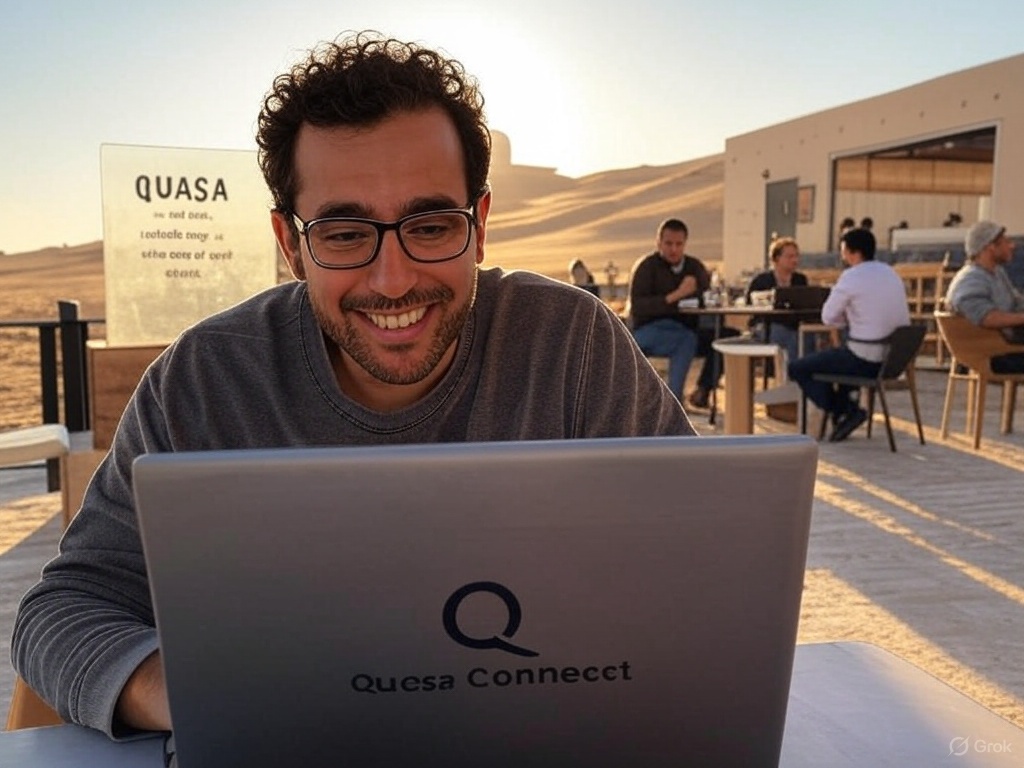 Stories of Libyans earning through Quasa Connect are beginning to surface, showcasing the adaptability of a population determined to overcome adversity.
Stories of Libyans earning through Quasa Connect are beginning to surface, showcasing the adaptability of a population determined to overcome adversity.
A young graphic designer from Tripoli, for instance, might use the platform to create logos for clients in Europe or North America, earning Bitcoin or Ethereum in return.
A mechanic in Benghazi could offer repair services to local customers who pay via the app, accumulating crypto that can then be traded for Libyan dinars or held as an investment.
The platform’s flexibility is key. It doesn’t require users to have a bank account or advanced technical knowledge—just a smartphone and an internet connection, both of which are increasingly accessible even in Libya’s urban centers. For many, this is a game-changer, offering a level of financial independence that was previously unimaginable.
Overcoming Obstacles
Of course, the path to crypto earnings in Libya is not without its challenges. Internet connectivity remains inconsistent, particularly outside major cities like Tripoli and Benghazi.
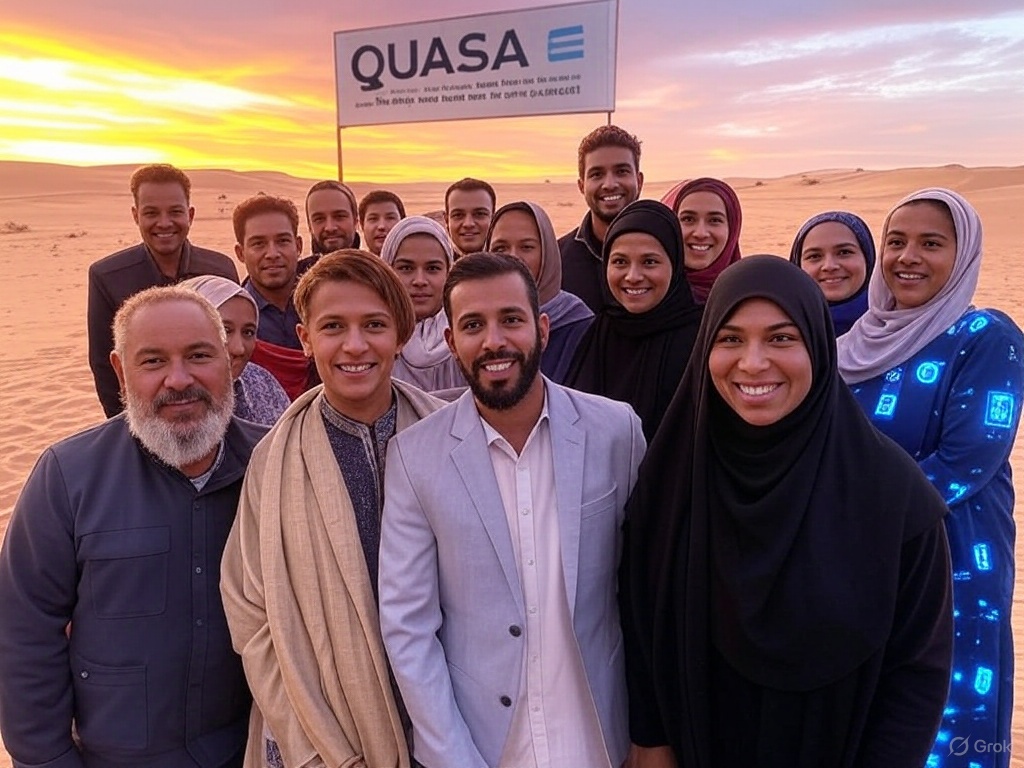 Power outages, a persistent issue due to damaged infrastructure, can disrupt access to online platforms. Additionally, the lack of widespread crypto education means that many Libyans are still unfamiliar with how digital currencies work or how to safely manage them.
Power outages, a persistent issue due to damaged infrastructure, can disrupt access to online platforms. Additionally, the lack of widespread crypto education means that many Libyans are still unfamiliar with how digital currencies work or how to safely manage them.
Yet, these hurdles are not insurmountable. Communities are forming — both online and offline—where knowledge is shared, and newcomers are guided through the process of setting up wallets, securing their funds, and navigating platforms like Quasa Connect.
The decentralized nature of cryptocurrency also offers a layer of security and autonomy that appeals to a population wary of centralized control after decades of authoritarian rule and ongoing political fragmentation.
A Glimpse of Hope
 The adoption of Quasa Connect in Libya is more than just a financial trend; it’s a testament to human resilience.
The adoption of Quasa Connect in Libya is more than just a financial trend; it’s a testament to human resilience.
In a nation where traditional systems have failed many, cryptocurrency offers a glimmer of hope — a way to reclaim agency in an uncertain world.
 While it’s not a panacea for all of Libya’s woes, it represents a shift toward self-reliance and innovation.
While it’s not a panacea for all of Libya’s woes, it represents a shift toward self-reliance and innovation.
As the global crypto economy continues to grow, platforms like Quasa Connect could play an even bigger role in helping Libyans rebuild their lives. For now, these early adopters are paving the way, proving that even in the face of adversity, opportunity can be found in the digital frontier.
This article highlights the resilience of Libyans and the potential of Quasa Connect as a tool for economic empowerment in a difficult context. Let me know if you'd like any adjustments!


